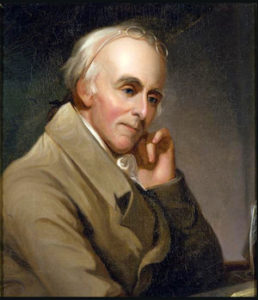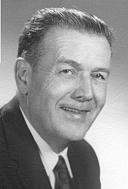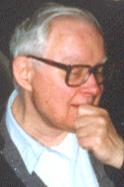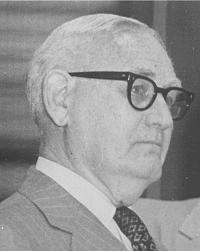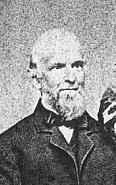Universalist
Cook, Maria
Maria Cook (1779-December 21, 1835) was the first Universalist woman preacher in America. A traveling evangelist during the early 1810s, she preached before many audiences in New York State and Pennsylvania and was well received for a few years.
Little is known of her early life.…
Brown, Olympia
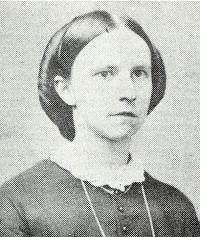 Olympia Brown (January 5, 1835-October 23, 1926) dedicated her life to opening doors for women. Among only a handful of women to graduate from college, she received her Bachelor of Arts degree from Antioch in 1860 and three years later became the first woman graduate of a regularly established theological school: St.…
Olympia Brown (January 5, 1835-October 23, 1926) dedicated her life to opening doors for women. Among only a handful of women to graduate from college, she received her Bachelor of Arts degree from Antioch in 1860 and three years later became the first woman graduate of a regularly established theological school: St.…
Whittemore, Thomas
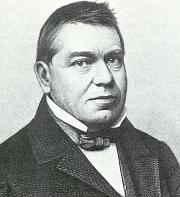 Thomas Whittemore (January 1, 1800-March 21, 1861) was the most influential Universalist editor of the nineteenth century. The Trumpet and Universalist Magazine, which he established in 1828 as a successor to Hosea Ballou’s Universalist Magazine, was the leading newspaper of the movement for more than thirty years.…
Thomas Whittemore (January 1, 1800-March 21, 1861) was the most influential Universalist editor of the nineteenth century. The Trumpet and Universalist Magazine, which he established in 1828 as a successor to Hosea Ballou’s Universalist Magazine, was the leading newspaper of the movement for more than thirty years.…
Kapp, Max Adolph
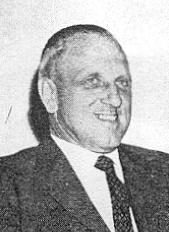 Max Adolph Kapp (February 1, 1904-January 1979), was a minister, theological school professor and dean, and a denominational official. He played a significant role in the education of seminarians and the revitalization of the Universalist Church of America during the period leading up to its consolidation with the American Unitarian Association.…
Max Adolph Kapp (February 1, 1904-January 1979), was a minister, theological school professor and dean, and a denominational official. He played a significant role in the education of seminarians and the revitalization of the Universalist Church of America during the period leading up to its consolidation with the American Unitarian Association.…
